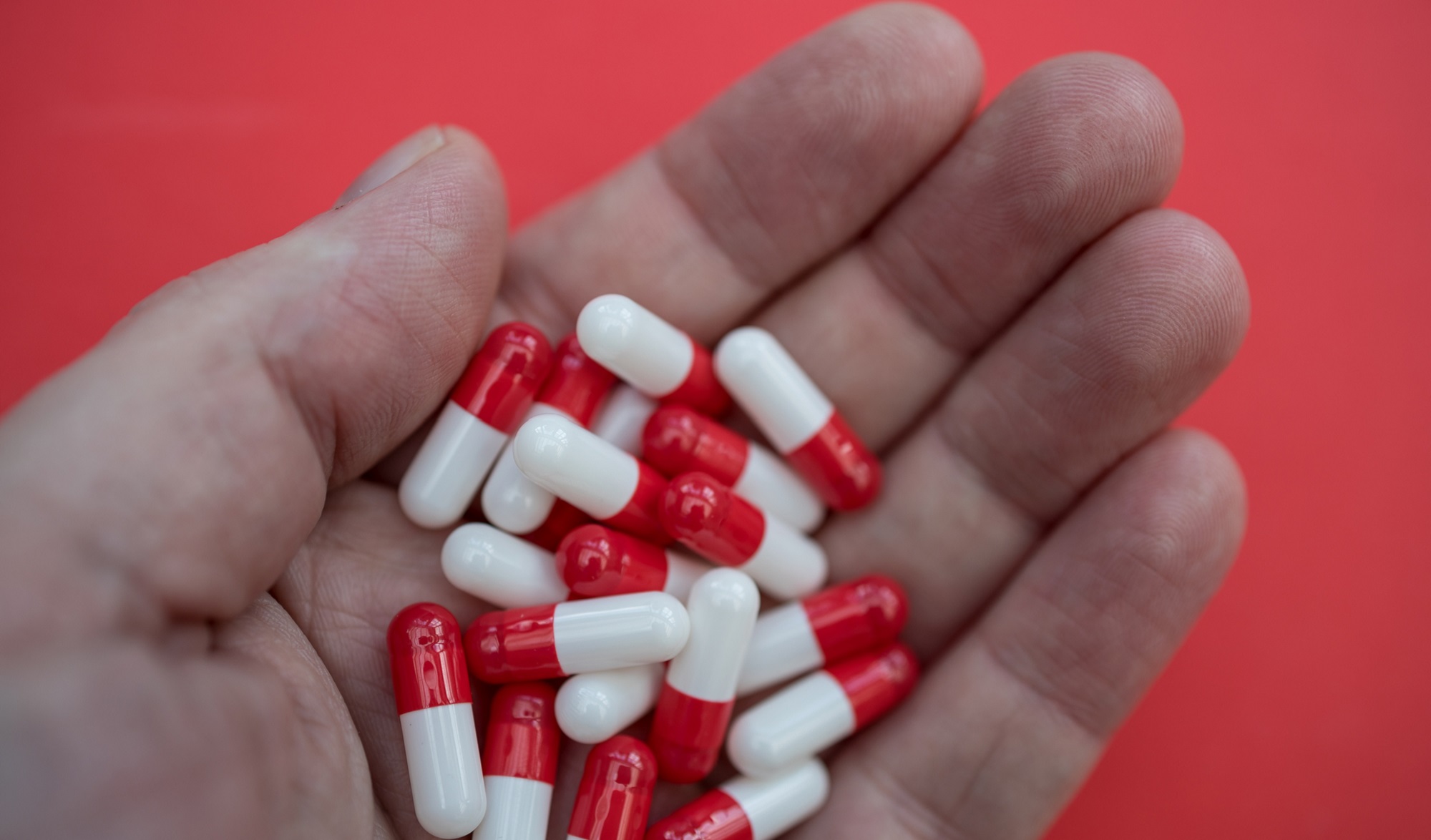

Tianeptine, also known as “gas station heroin,” is officially off the market—at least in Florida. The Sunshine State recently joined eight other US states (Alabama, Georgia, Indiana, Kentucky, Michigan, Mississippi, Ohio, and Tennessee) in forbidding sales of the over the counter pill, citing concerns for its high potential of abuse and addictive properties.
Florida’s attorney general issued an emergency ban in September after an increasing number of calls to the state’s Poison Control Center in the first half of 2023. A similar trend has been seen nationwide with 151 tianeptine poisoning cases in 2020. There are also reports of at least five fatal overdoses since the drug started being sold in the US.
Tianeptine is still available at gas stations and convenience stores in 41 other states and is purchasable online. It’s up to individuals to know the dangers and avoid purchasing any related products. Here’s what you need to know.
What is tianeptine?
Tianeptine is a non-prescription antidepressant that has become a popular method of getting high in the US in the past decade. It’s even been found in powder form in counterfeit pills of hydrocodone and oxycodone. Some products market dietary supplements containing tianeptine under the brand names Tianaa, Tianna Green, Tianna Red, Tianna White, and ZaZa. Kelly Johnson-Arbor, a medical toxicologist based in Washington D.C., says some vendors claim tianeptine can improve brain function, treat opioid addiction, and help with anxiety, “but there is minimal literature supporting the use of tianeptine for these conditions.” While it may have potential to help with irritable bowel syndrome and chronic pain in medical settings, the threat of addiction appear to outweigh the benefits.
The antidepressant works by increasing the effects of serotonin, which is nicknamed the “happy hormone” because of its role in mood and emotions. Low serotonin levels are linked to depressive symptoms; while tianptine’s exact mechanism is still debated, other antidepressants like selective serotonin reuptake inhibitors (SSRIs) prevent the hormone from being absorbed by cells to prolong related brain activity.
Tianeptine is not approved for any kind of medical use by the US Food and Drug Administration (FDA). Because it’s unregulated and sold in dietary supplements, little is known on the purity, efficacy, or safety of each product. What’s more, the amount of active drug can vary by brand or even by pill.
“Its unregulated status in the US also increases the potential for abuse or misuse, as there are no standard dosing recommendations [here] for this drug,” says Johnson-Arbor.
At higher doses, tianeptine starts affecting dopamine levels in addition to serotonin. This important hormone can contribute to addictive behavior by changing neural connectivity to reinforce an activity that brings feelings of pleasure and euphoria. The drug increases opioid activity in the brain, a similar mechanism of action seen in heroin.
What are the dangers of using tianeptine?
Consumers are usually taking a gamble when they buy tianeptine products because they can’t know for sure how much of the drug they’re getting. This increases the risk of an unintentional overdose, along with other adverse side effects like lethargy, elevated blood pressure and heart rate, agitation, abdominal pain, tremors, and hallucinations.
Johnson-Arbor further warns that people may experience more unwanted side effects, including breathing difficulties, hallucinations, and excessive sleepiness, when combining tianeptine with other medications. Because of its high potential for drug abuse, those who regularly misuse the pills may exhibit withdrawal symptoms such as stomachaches and anxiety if they try to quit.
If you or someone you know develops unexpected symptoms after using tianeptine, contact Poison Control online at www.poison.org or by phone at 1-800-222-1222 for expert advice. Both options are free, confidential, and available 24 hours a day. If you’re trying to quit, help is available. Call the SAMHSA National Helpline at 1-800-662-4357 for substance use information and referrals for treatment.
Why isn’t tianeptine banned everywhere in the US?
Tianeptine is marketed as a prescription antidepressant in the European Union and some other countries. A few, including Turkey, have categorized tianeptine as a controlled substance. Johnson-Arbor says it’s reasonable to consider a similar classification of this drug in the US, but currently, there are no such plans.
The FDA issued a consumer warning about using tianeptine products in 2022 and has sent warning letters to two marketers, but hasn’t taken further action in the wake of more recent overdoses. In an email to PopSci, an agency representative wrote that “a drug sponsor would need to submit an application to the agency for review” for it to be approved for medical use, either as a controlled or uncontrolled substance. “The FDA generally cannot confirm or deny the existence of any possible product application,” he added.
In the absence of federal regulations, state governments have stepped in to either allow or ban sales of the drug. This isn’t anything new: States have made similar decisions for popular dietary supplements like CBD products. And while there’s always a chance that pills can be poisonous when taken in the wrong amounts, with tianeptine, concerns are particularly high.
Correction (October 21, 2023): The article has been updated to clarify that tianeptine does not increase serotonin levels in the body. It either prevents re-uptake of serotonin like SSRI antidepressants or possibly enhances it to increase use of the hormone.
